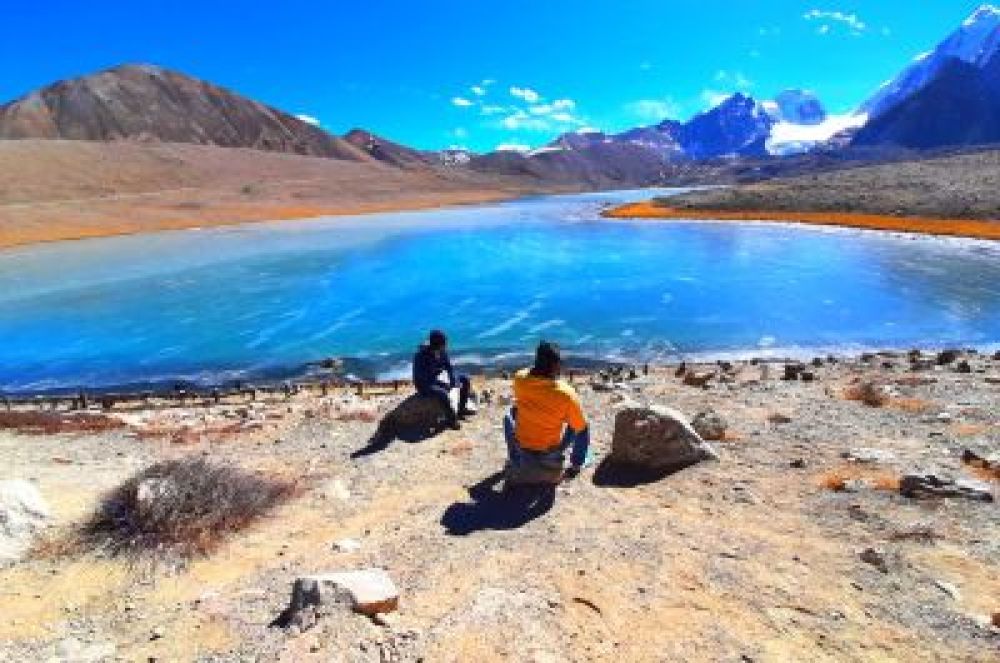

Nestled in the serene town of Gelephu in the southern part of Bhutan, Therma Lhakhang stands as a testament to the country's rich spiritual heritage. Although less frequented by tourists compared to other more famous sites in Bhutan, Therma Lhakhang offers an authentic glimpse into Bhutanese culture and tradition. The lhakhang (temple) is an integral part of the local community's daily life and has served as a place of worship and solace for generations.
The history of tourism in Bhutan as a whole is relatively young. It was only in 1974 that the country gently opened its doors to international visitors. Since then, Bhutan has been cautious in its approach to tourism, aiming to balance the influx of tourists with the preservation of its culture and environment.
Therma Lhakhang itself is a subtle attraction, avoiding the commercialization seen in other tourist destinations, and maintaining its pristine spiritual ambiance. With the increasing promotion of Bhutan as the last Shangri-La, this temple has begun to attract the attention of those seeking more 'off-the-beaten-path' destinations within the country.
Recently, Bhutan has been moving towards a sustainable tourism model, which is very much in line with the kingdom’s philosophy of Gross National Happiness. This approach ensures that tourism development is eco-friendly, culturally sensitive, and benefits local communities.
In the case of Therma Lhakhang, this has translated to a more controlled and qualitative tourism experience. Visitors to the temple are expected to respect the quiet and contemplative nature of the sacred space, adding to the depth of the cultural encounter.
The latest trends in tourism here involve immersive experiences, such as participating in local rituals, meditation sessions, and being part of the temple’s tranquil environment. The visitors not only witness the spiritual practices but are also encouraged to understand and resonate with the Bhutanese way of life.
Eco-tourism has also left its mark on Gelephu’s approach to welcoming visitors. Local homestays, guided nature walks, and organic dining options are increasingly available. With the world looking towards more responsible travel options, Therma Lhakhang and Gelephu are setting examples by integrating sustainability into their tourism offerings.
Visitors to Therma Lhakhang can expect a peaceful journey through rural Bhutanese landscapes, culminating in an encounter with the spiritual legacy of this lesser-known temple. While the infrastructure for tourism may not be as developed as in other parts of Bhutan, the charm of Therma Lhakhang lies in its authenticity and the warmth of the local community.
Guided tours are advisable, as they provide context to Therma Lhakhang’s spiritual relevance and contribute to a deeper understanding of Bhutan’s spiritual and cultural fabric.
Therma Lhakhang may not be a prominent icon on Bhutan's tourism map, but it is a jewel for those who seek an undisturbed spiritual experience. As the kingdom carefully navigates the challenges of modern tourism, this temple remains a haven of tranquility and an epitome of Bhutanese spiritual life, welcoming all who travel with respect and an open heart.